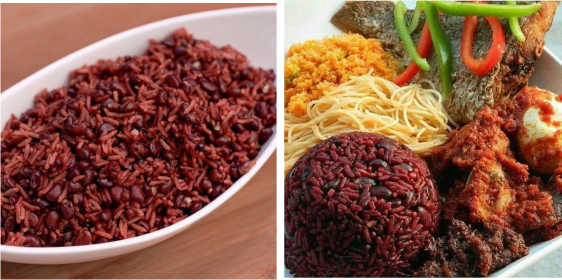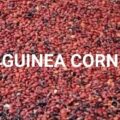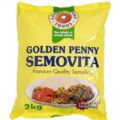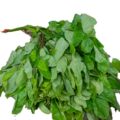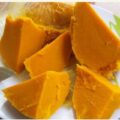A popular West African food, waakye is a Ghanaian dish of cooked rice and beans, commonly eaten for breakfast or lunch. The rice and beans, usually black eyed peas or cow beans, are cooked together, along with red dried sorghum leaf sheaths or stalks and limestone. The red sorghum leaves add a distinct flavour and gives waakye (pronounced waa-che) its distinctive reddish-brown colour.
What are the Health Benefits of Waakye?
Waakye derives its huge health benefits from the ingredients used in making this rich Ghanaian food. The health benefits of waakye include;
Rich Source of antioxidants
The red sorghum leaves are rich in antioxidants, which are substances that prevent or slow damage to cells caused by free radicals, unstable molecules that the body produces as a reaction to environmental and other pressures. They are sometimes called “free-radical scavengers”. Antioxidants are thought to help fight a range of illnesses like heart disease, cancer, and diabetes. However, antioxidant levels in food and their effects can be affected by cooking methods, and waakye is no exception.
According to a study published in Scientific African, waakye prepared with sorghum leaves had higher antioxidant levels than the sample prepared without showing that the sorghum leaves did indeed confer health benefits to waakye.
Promote digestive health
Another major benefit of waakye is its beneficial impact on digestive health. The black-eyed peas used in making this food are highly nutritious and associated with many impressive health benefits. In particular, they may help support weight loss, improve heart health, and promote digestive health. Black eyed peas contain specific nutrients such as zinc, iron and amino acids typically found in the protein food group. They also contain nutrients found in the vegetable food group; fiber, folate, and potassium. Also SEE: Garri: The Health Benefits and Side Effect of Gari
Weight Loss
When prepared with Organic brown rice grown and milled in Ghana, waakye become a good weight loss agent. Whole grain is also a good source of folate, riboflavin (B2), potassium and calcium. Additionally, brown rice is exceptionally high in manganese. This little-known mineral is vital for many important processes in the body, such as bone development, wound healing, muscle contraction metabolism, nerve function and blood sugar regulation.
A deficiency in manganese has been linked to a higher risk of developing metabolic syndrome, bone demineralization, impaired growth and low fertility. Studies show that people who eat more whole grains like brown rice weigh less than those who consume fewer whole grains. A study of over 74,000 women found that those who ate more whole grains weighed consistently less than those who ate fewer whole grains.
Blog Sugar control
Rice and beans, is a classic comfort food combo in most communities in Africa. It is one of the healthiest dishes you can eat. It’s rich plant protein and fiber confers it with many health benefits. A diet that’s high in fiber helps regulate blood sugar and prevent certain types of cancer,” says Michelle Schelske-Santos, Ph.D., a professor in the nutrition and dietetics program at the University of Puerto Rico in Río Piedras. The kind of fiber in beans also helps us develop good bacteria that contribute to gut health, she says.
What are the Side Effects of Waakye?
Following are the side effects of consuming waakye
- Some people may experience allergic symptoms like itchiness, redness of the skin, or swelling in some of the parts of the body if they are allergic to sorghum or other ingredients.
- Food containing sorghum or its derivatives are hard to digest. Studies have shown that humans digest only 46 percent of the sorghum they consume, compared with 81 percent of the protein in wheat and 73 percent in corn.
- Limestone, one of the ingredients used in making waakye can sometimes be harmful if large quantities are consumed, it may cause nausea, hyper-calcaemia or hemorrhage. Nevertheless, Limestone that is in the form of chuna contains calcium, which is considered good for health if consumed in moderation. See Health Benefits of African Food


